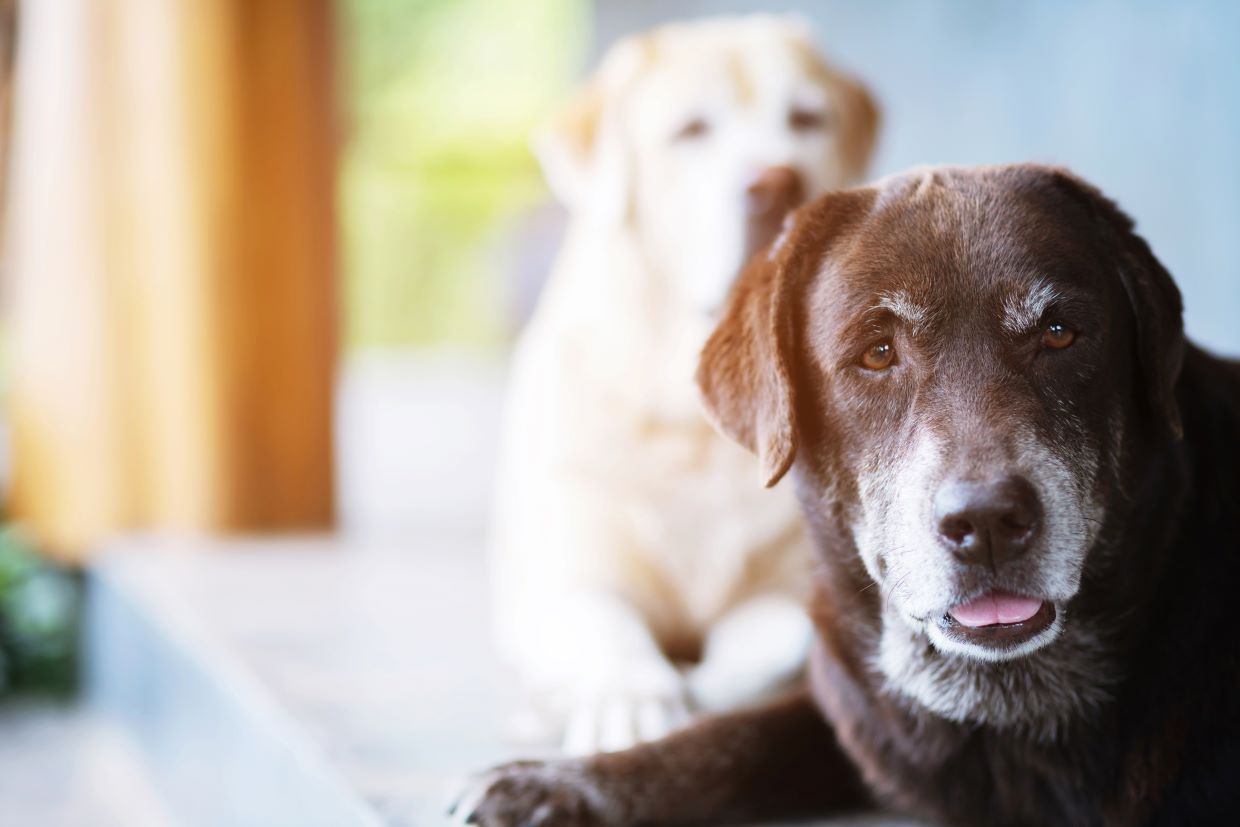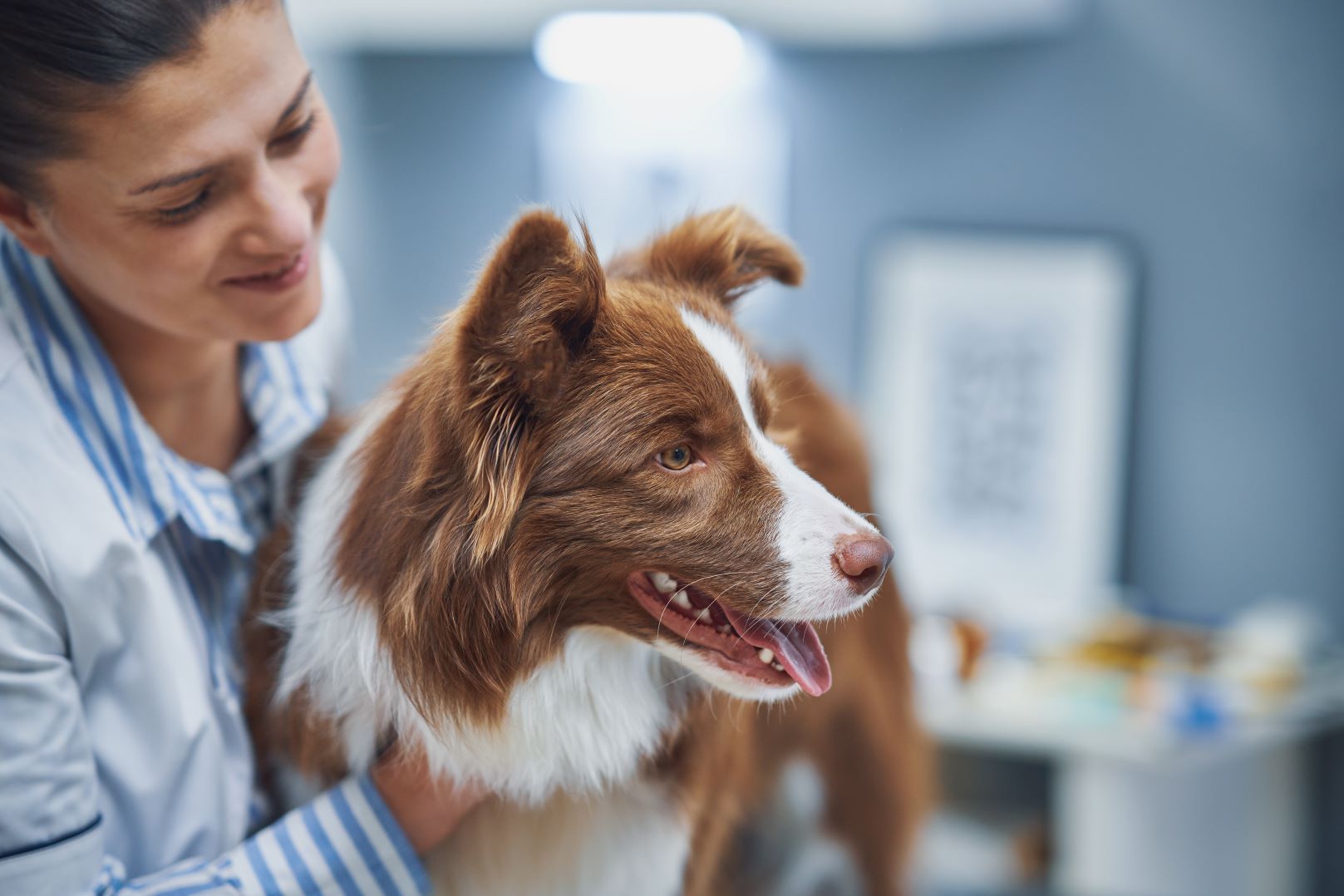As our furry friends age, their needs change, requiring us to adapt our approach to their care. Just like humans, pets experience the natural process of aging, which can bring about various physical and behavioral changes. However, with proper attention, our senior pets can continue to live fulfilling and joyful lives. Our guide today explores some essential tips for senior pet care, keeping your aging pet healthy and happy, ensuring they receive the love, care, and support they deserve in their golden years.
Tips for Senior Pet Care
Regular Veterinary Check-ups
Regular veterinary check-ups are crucial for senior pets. Schedule wellness visits at least twice a year to monitor their overall health, address any emerging issues, and discuss appropriate preventive care strategies. During these visits, your veterinarian will conduct a thorough examination, assess their weight, dental health, mobility, and screen for age-related diseases. These check-ups help detect potential health concerns early, allowing for timely intervention and tailored treatment plans.
Balanced Nutrition
Senior pets have unique nutritional requirements. As they age, their metabolism slows down, and their dietary needs change. Opt for high-quality, age-appropriate pet food specifically formulated for senior dogs or cats. These diets usually contain lower calories, higher fiber content, and added joint support. Consult with one of our veterinarians to determine the best diet plan for your senior pet, considering their specific health conditions and nutritional needs.
Weight Management
Maintaining a healthy weight is essential for senior pets to prevent obesity-related health issues and ease the strain on their joints. Monitor your pet’s weight regularly and adjust their feeding portions accordingly. Engage in low-impact exercises suitable for their age and physical capabilities to help them stay active and maintain muscle tone. Talk to a veterinarian for guidance on appropriate exercise routines tailored to your pet’s needs.
Dental Care
Dental health plays a crucial role in the overall well-being of senior pets. Dental disease can lead to pain, tooth loss, and systemic health issues. Implement regular dental care practices, including tooth brushing with a pet-safe toothpaste, dental treats, and approved dental chews. Schedule professional dental cleanings to prevent tartar buildup and address any dental concerns.
Joint Health
Senior pets often experience joint stiffness, arthritis, and mobility issues. Help alleviate discomfort by providing joint support supplements, such as glucosamine and chondroitin, as recommended by your veterinarian. Keep their environment comfortable by providing orthopedic bedding and ramps or stairs to ease their access to elevated areas. Regular, gentle exercise, such as short walks and low-impact activities, can help maintain joint mobility and muscle tone.
Mental Stimulation
Keeping your senior pet mentally stimulated is essential for their cognitive health and overall happiness. Engage them in interactive play sessions, introduce puzzle toys, and provide environmental enrichment. Regularly rotate toys to keep their interest piqued and consider activities that cater to their senses, such as scent games or gentle training exercises. Spend quality time together, offering affection, praise, and positive reinforcement to maintain their emotional well-being.
Environmental Adaptations
Make necessary adaptations in your home to accommodate the changing needs of your senior pet. Provide easy access to their favorite spots by using ramps or steps. Ensure the litter box or outdoor potty area is easily accessible for cats or dogs with limited mobility. Create a calm and comfortable resting area away from noise and activity. Consider using nonslip surfaces to prevent slips and falls, and keep the environment well-lit for improved visibility.
Regular Grooming
Maintaining a regular grooming routine is important for the well-being of senior pets. Brush their coat to prevent matting, monitor their skin for any abnormalities, and keep their nails trimmed to prevent overgrowth. Regular grooming sessions also provide an opportunity to check for lumps, bumps, or other changes that may require veterinary attention.
Emotional Support
Senior pets may experience anxiety, cognitive decline, or changes in behavior as they age. Provide them with a calm and predictable environment, sticking to established routines. Offer reassurance, patience, and gentle guidance during any challenging moments. Consider supplements or natural remedies, as recommended by your veterinarian, to support their emotional well-being.
Enhanced Veterinary Care
Senior pets may require additional veterinary care to manage age-related conditions effectively. This may include bloodwork, urine analysis, X-rays, or ultrasound examinations to monitor organ function and detect any underlying health concerns. Stay vigilant for signs of discomfort, changes in appetite, or other abnormal behaviors, and consult your veterinarian promptly.
Quality of Life Assessment
Regularly assess your senior pet’s quality of life to ensure they are comfortable and content. Monitor their overall happiness, mobility, and appetite. Evaluate factors such as pain management, their ability to engage in activities they enjoy, and the presence of any age-related conditions. Openly communicate with your veterinarian regarding your pet’s well-being, as they can provide guidance and support in making difficult decisions if necessary.
Remember, each senior pet is unique, and their needs may vary. Keep a watchful eye on any changes and be proactive in seeking veterinary care when necessary. By providing appropriate senior pet care, you can enhance their quality of life, cherish their golden years, and ensure that they receive the love and attention they deserve as cherished members of your family.




